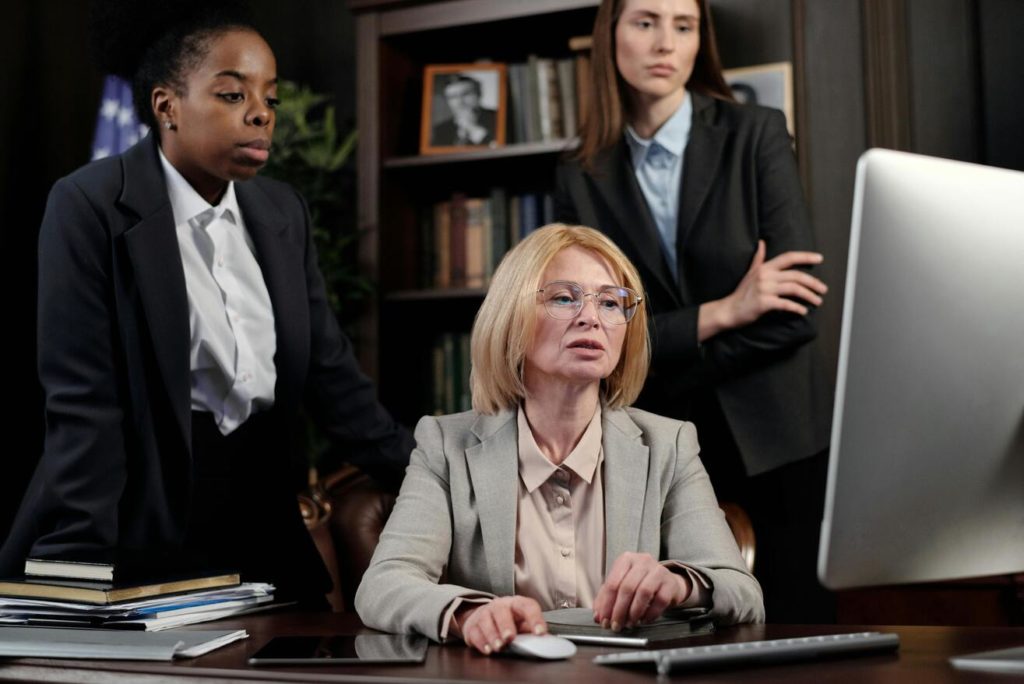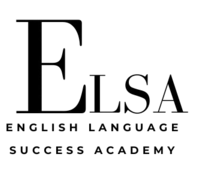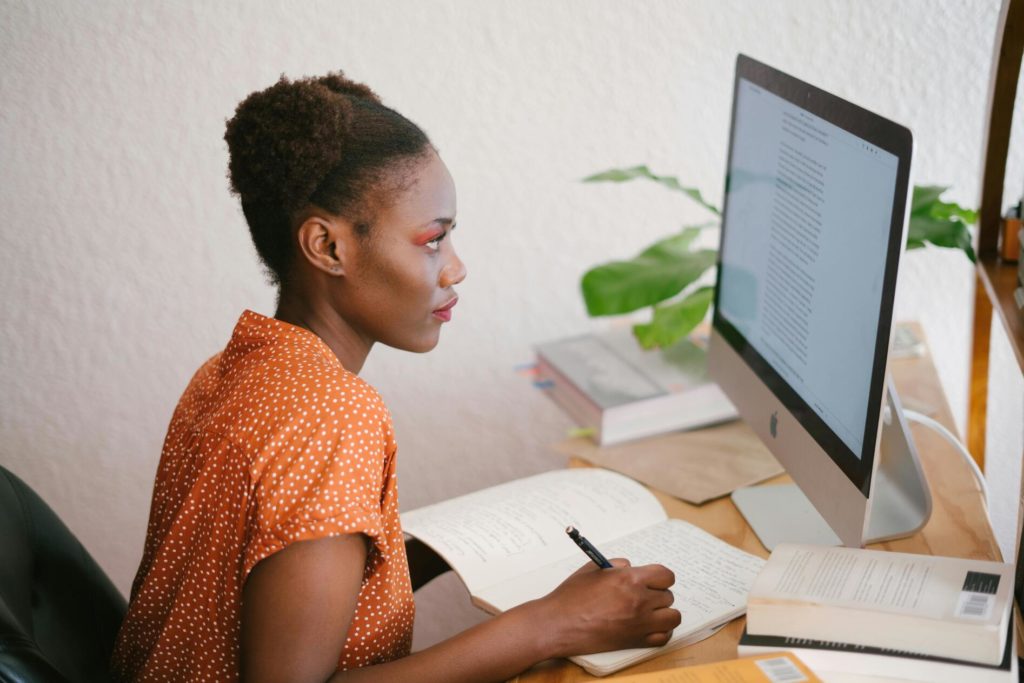Word Bank:
- precedent: A legal decision or ruling that serves as an example or rule for future cases.
- jurors: Members of a jury, a group of citizens who are selected to decide the outcome of a case.
- appeal: The process of asking a higher court to review a decision made by a lower court.
- judge: An official who presides over court proceedings and makes decisions regarding the law.
- verdict: The decision made by a jury or judge regarding the outcome of a case.
- attorneys: Legal professionals who represent and advise clients in legal matters; also called lawyers.
- court: The institution or venue where legal cases are heard and decided.
- Supreme Court: The highest judicial body in the U.S., responsible for interpreting the Constitution.
- Constitutional Court: A court with the authority to interpret and uphold the constitution, such as in Turkey.
- trial: A formal examination of evidence and arguments in a court to determine the outcome of a case.
Instructions:
Fill in the blanks in the article using the correct word from the word bank. Each word relates to the legal profession, courts, or legal processes. Use the meanings provided in the word bank to help you choose the correct word.

Comparing Legal Systems – The U.S. and Turkey
The legal systems of the United States and Turkey differ in several significant ways, reflecting the cultural and historical contexts in which they developed. The U.S. operates under a common law system, which relies heavily on court rulings and judicial __________. In contrast, Turkey follows a civil law system, where laws are primarily codified, and judicial __________ plays a less central role.
In the U.S., the Constitution is the supreme law of the land, and any law that conflicts with it can be struck down by the __________. This body has the power of judicial review, which allows it to determine the constitutionality of laws. In Turkey, however, the __________ has a similar function, though its role in shaping the country’s legal framework has varied over time due to political shifts.
Both countries have systems in place to ensure fair __________, though the processes differ. In the U.S., a __________ is common in criminal cases, where a group of citizens is selected to weigh the evidence and deliver a verdict. Turkey, however, relies more on professional __________ to determine the outcome of cases.
One notable difference is the role of legal professionals. In the U.S., attorneys, also known as __________, play a significant part in both civil and criminal cases, advocating on behalf of their clients. In Turkey, __________ also have an important role, but the system places greater emphasis on written documentation and less on oral argument during trials.
Finally, in both legal systems, there are mechanisms for __________. In the U.S., a party can appeal a decision to a higher __________ if they believe an error was made in the interpretation or application of the law. Similarly, in Turkey, individuals may seek a __________ in the hopes of having their case reconsidered.


